Economic Growth and Planning
Number of results stories covering this topic: 14
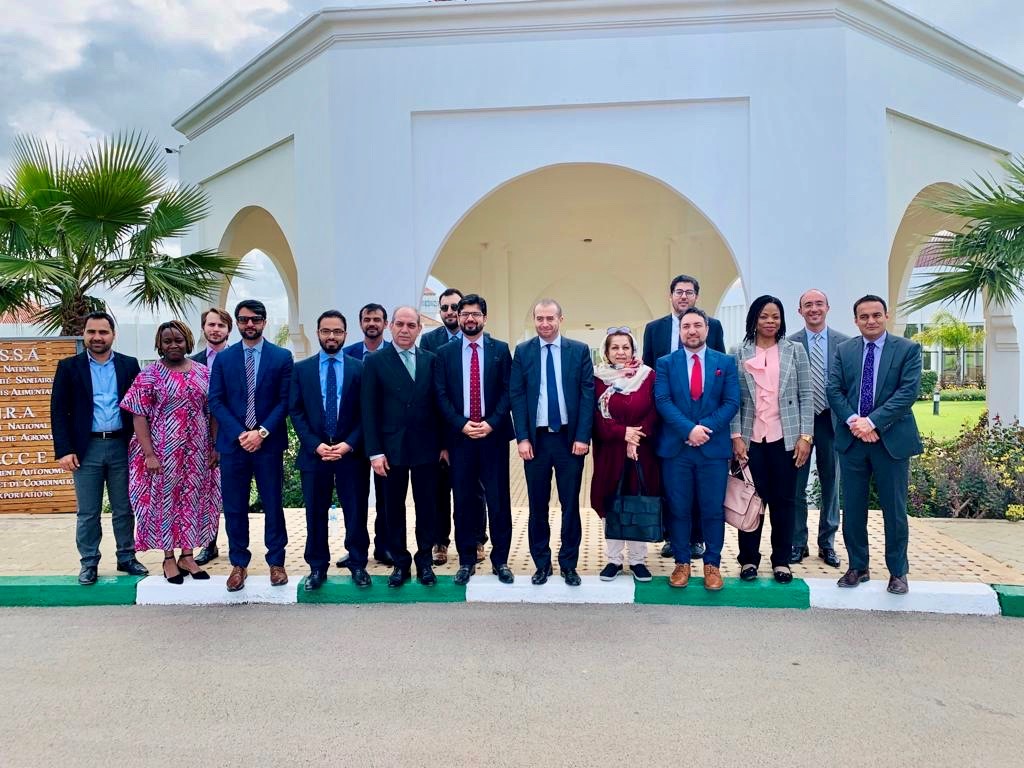
Governance Structures for Business Environment Reforms in Afghanistan
A high-level delegation of officials from Afghanistan, comprising key members of the Private Sector Development Secretariat (PRISEC), visited Morocco on April 7-11, 2019. The knowledge exchange was intended to complement a World Bank Group advisory services project, the Afghanistan Business Enabling Environment, which supports the Islamic Republic…
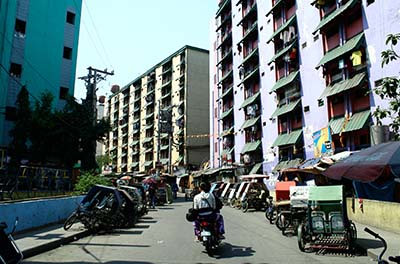
Kosovo Study Tour on Migration Policies
Emigration from Kosovo is among the highest in the world. Many households in the country have a family member living abroad, a situation caused by a poor economy and the armed conflict of the late 1990s. The remittances from those who have emigrated are vital for their family members in Kosovo, ensuring their wellbeing in a country that has some…
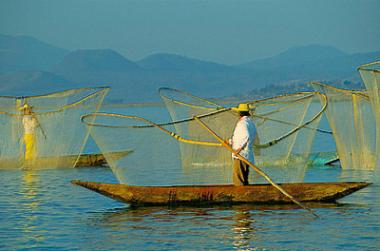
South-South Exchange on Population and Agricultural Censuses in Bolivia
Bolivia recognized during the preparation and implementation of the National Population and Housing Census (NPHC) and the National Agricultural Census (NAC), that there was a need to strengthen its statistical and information systems for monitoring and accountability. With help from the World Bank an exchange was organized that focused on…
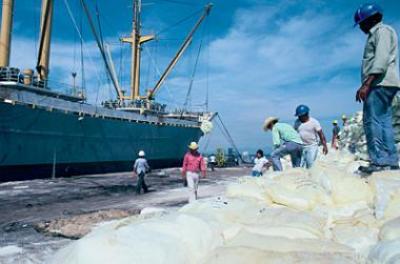
Sharing Experience in Promoting Green Growth
The state of Himachal Pradesh in India recognized the need to design its development strategy that included policies for sustainable management of natural resources and inclusive economic growth. Mexico had experience with including green growth and managing climate change into their own development agenda. Himachal Pradesh officials engaged…
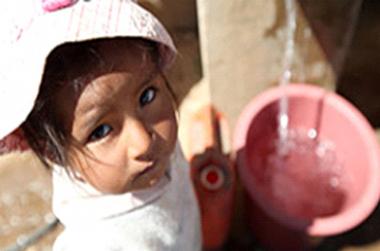
Implementing Multidimensional Measures of Well-being in Bolivia: Learning from Bhutan, Ecuador, and Mexico
The Exchange gathered experts from Bhutan, Ecuador, and Mexico to share knowledge with Bolivian government officials on “measuring” the concept of buen vivir (literally, living well) across monetary and nonmonetary dimensions of social development. Approaches used included two conferences in La Paz Bolivia, and videoconferences among participating…
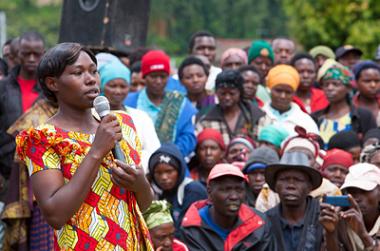
Djibouti South-South Development Exchange Roundtable
The Government of Djibouti recognized the need for a diversified path to economic and social growth that encompassed combatting poverty and enabling a dynamic private sector. Toward this goal it developed its long-term growth strategy, “Djibouti Vision 2035”, and engaged in a knowledge exchange with Cape Verde, Dubai, and Mauritius. The knowledge-…
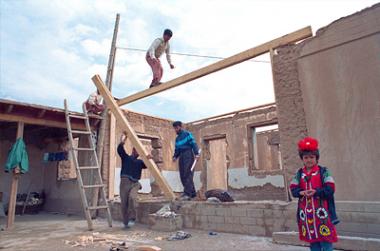
Strengthening Municipal Financing Mechanisms in Tajikistan
Following its independence in 1991, Tajikistan went through a devastating, six-year-long civil war, which left the country financially strained. Challenged by limited fiscal resources to adequately provide for major public service infrastructure resulted in lack of proper maintenance and rehabilitation nationwide. Consequently, the country's…
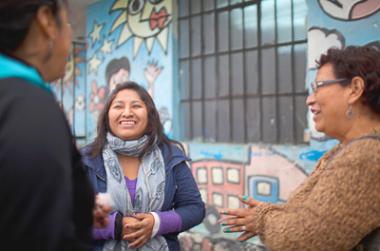
Integrating Geo-referenced Information Systems in Bolivia’s National Planning
Obsolete and separated information systems have afflicted planning and public investment in Bolivia. Through an experience exchange, the Chilean Ministry of Social Development and the Peruvian Ministry of Economy and Public Finance shared their knowledge and good practice approaches in the design and implementation of geo-referenced information…
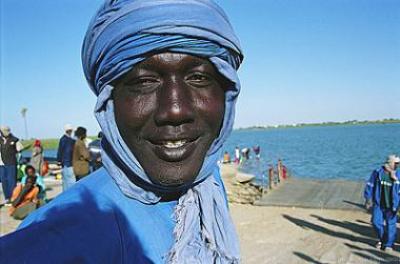
Building Capacity to Develop Mauritania’s Livestock Value Chain
In order to establish a red meat export initiative to fulfill its potential to be one of the top livestock industries, the Government of Mauritania learned from Zambia’s experience. Lessons from the study tour resulted in policy changes; some were integrated into a feasibility study. Mauritania is being positioned to attract external funding…
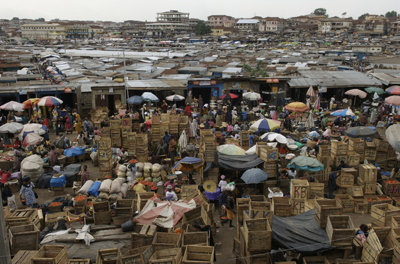
Developing Special Economic Zones (SEZs) and Industrial Clusters in Africa
After learning about the success of East Asian countries in developing their economies and attracting Foreign Direct Investment (FDI) through Special Economic Zones (SEZ), many African governments wanted to use the same strategy to improve their economic performance. However, most African countries lack the capacity to design and implement SEZs,…
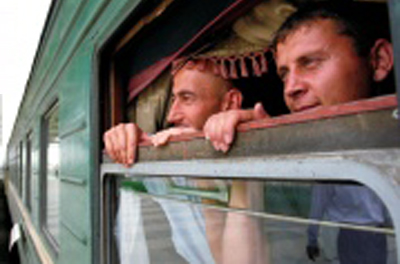
Improving Capacity for Migration Management in Europe and Central Asia
Every year, approximately 10 million migrant workers from the lower-income Commonwealth of Independent States (CIS) head to Russia and other middle-income CIS countries to seek employment and provide a livelihood for their families.1 Many migrant laborers remit funds to their home countries to support their extended families.
Migration in the…
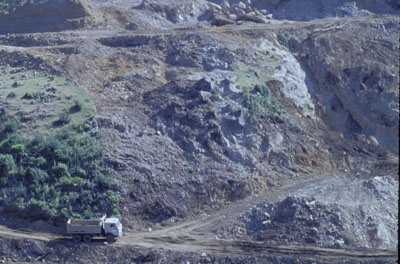
Enhancing Capacity to Diversify the Mongolian Economy
Mongolia has successfully transitioned from a centrally planned to a market economy but remains overly dependent on its mining industries. Especially after the discovery of massive gold, copper, and other mineral resources, the government of Mongolia (GOM) needed help to define an economic agenda, develop its agricultural sector, encourage…
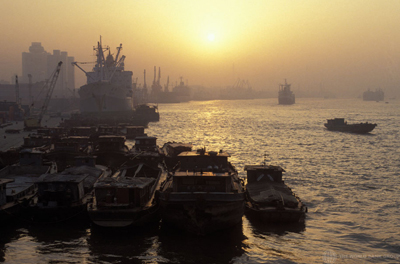
Improving Infrastructure and Special Economic Zones (SEZs) in Africa
The governments of Africa want to improve the investment climate and reduce poverty in their countries through modernization and industrialization. Learning from the Asian experience, many governments are developing Special Economic Zones (SEZs) to achieve these goals. Chinese knowledge, experience, and investment have been invaluable in…
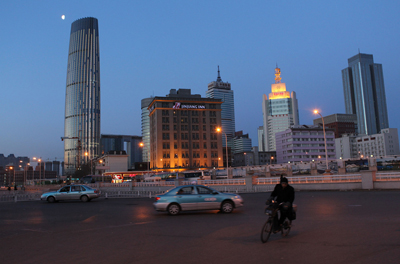
Africa Learns Best Practices on Special Economic Zones (SEZs)
Most African countries see industrialization as part of their path to economic growth. Many are developing Special Economic Zones (SEZs) to improve economic performance, but they are experiencing implementation challenges. As a result, there is a growing demand to learn from successful strategies in SEZ development. Building on earlier exchanges…

 China
China Colombia
Colombia Denmark
Denmark India
India Indonesia
Indonesia Mexico
Mexico Russian Federation
Russian Federation Spain
Spain United Kingdom
United Kingdom